Cars can be a huge investment and the cost tends to stretch far beyond the original asking price, particularly when considering the price of insurance, fuel, and replacement parts. They are a necessity for many, however, so occasionally, biting the bullet and making it work is a must. And when you own a classic, these costs are an accepted part of owning and being a custodian of an old car.
That doesn’t mean you don’t want to watch those pennies as every bit of cash you can save can go towards keeping your car on the road. So it helps to do some research when buying a classic or a used car, as this can help you determine whether or not the investment is right for you.
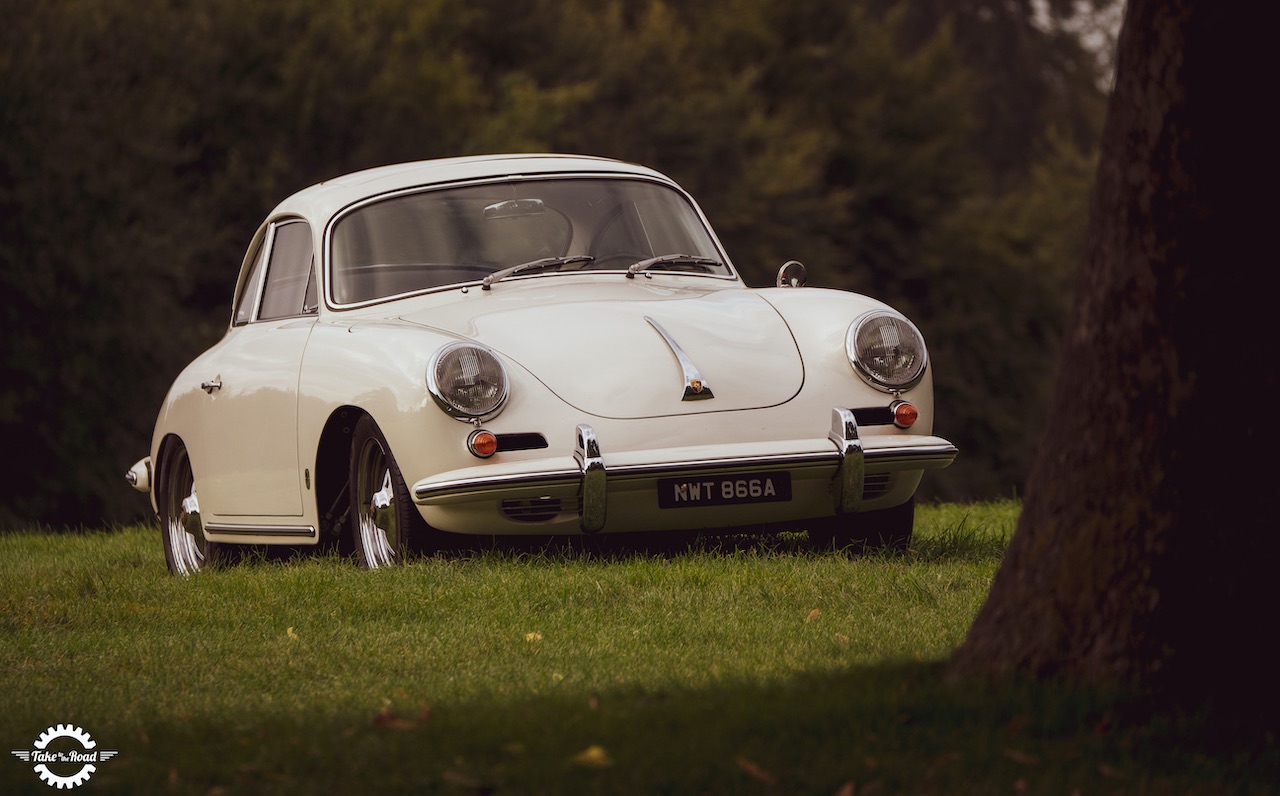
If you can find the right finance options
Some of the best used car dealers can offer customers their own financing options directly, making otherwise unaffordable vehicles entirely viable. Keeping an eye out for these specialist options can ensure that you stretch your budget in a way that does not leave you high and dry when life gets in the way. Websites such as https://invoice-pricing.com/ allow you to search for the make and model of the vehicle you desire, then provide you with a quote for your area. If you have the cash to pay a bulk sum, this may be a good finance option.
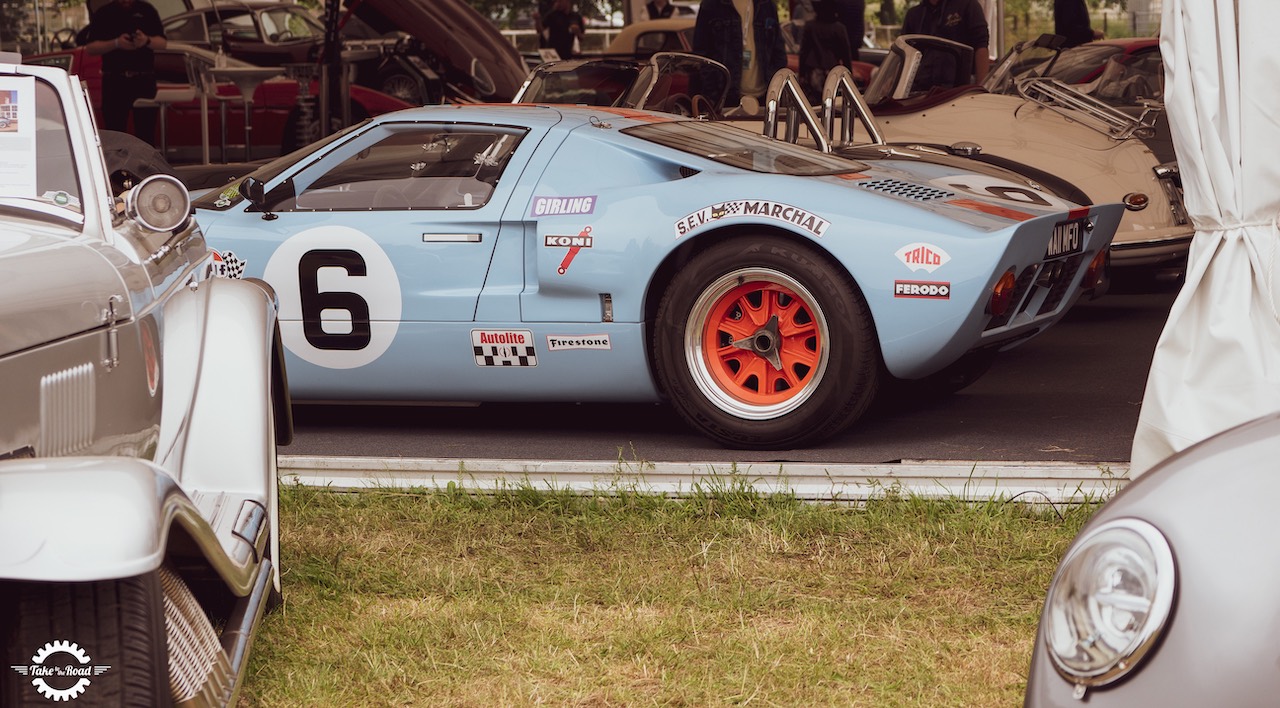
You may want to check out this car finance Dumfries has for a superb example of a dealer with a huge catalogue and some great financial support opportunities. Finance has also become a popular way of buying classic cars, especially in the collector car market. So there are options available.
If you can negotiate
If you feel as though your haggling skills are up to scratch, why not take it up a gear and start negotiating? While buying brand new has its many advantages, the cost is often not one of them, and nor is the hope of much leeway in terms of the final figure.
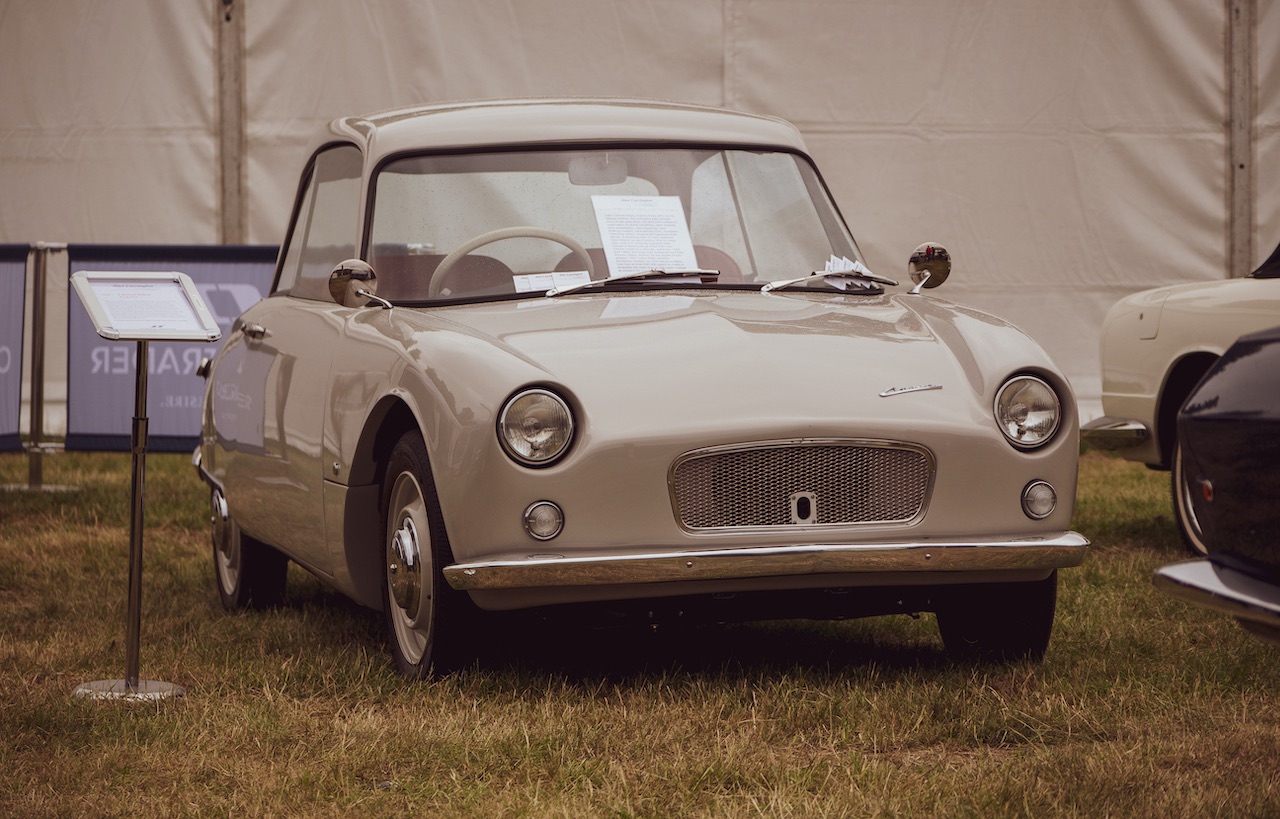
Buying a used car there is always room for negotiation and a bit of haggling on the price it is even expected in many cases. Sometimes this is harder to gauge with a classic car as a lot will depend on the cars condition, history file and its rarity.
Doing a little research into the make and model beforehand and what kind of mileage you should expect for the price should help you out in this area.
If you want a classic model
If you are a firm believer in ‘they just don’t make them like they used to,’ then you might be in luck, the second-hand car market is absolutely huge, and there are many classic models lurking inside it. For some enthusiasts out there, driving a classic everyday is the way to go.
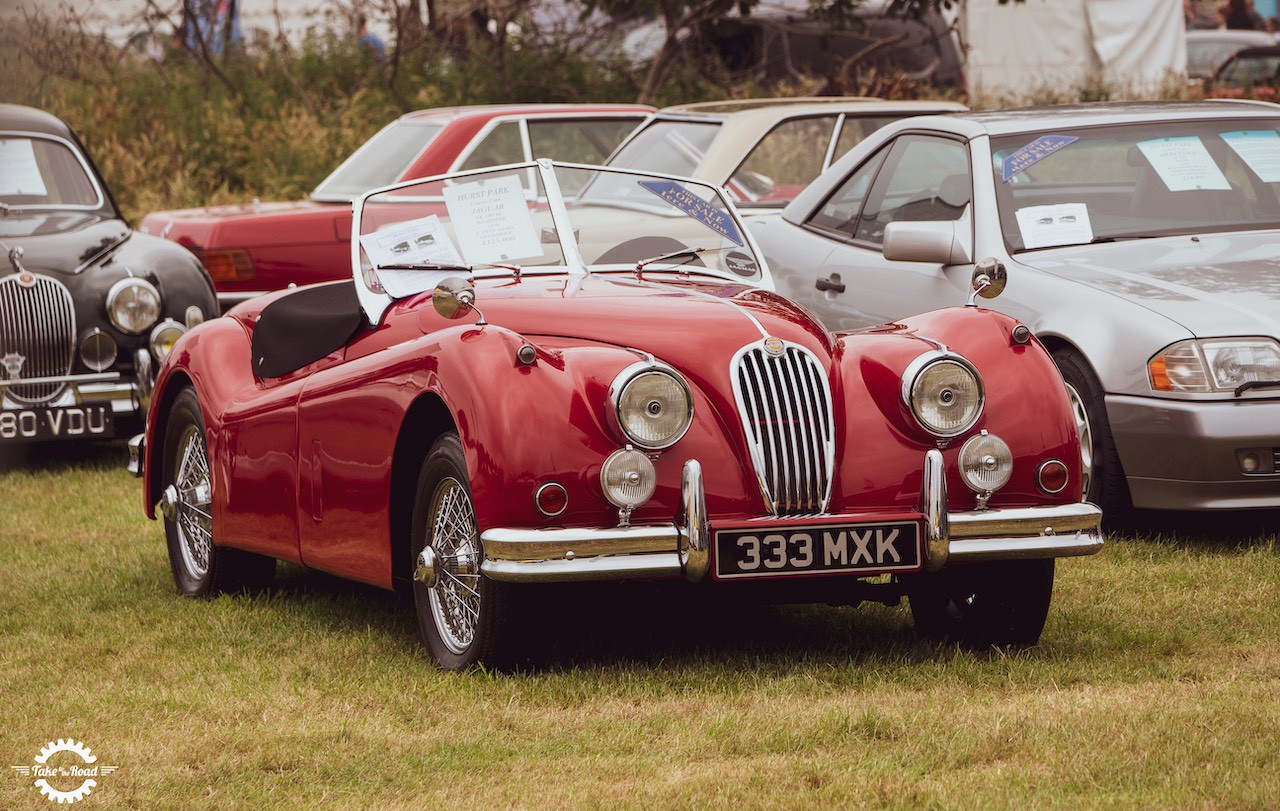
In fact, the market is currently booming, according to BBC, so if you felt like now was the time to search for a classic car, you may have more choice than ever before!
If you want to part exchange
Your old vehicle may yet have some life left in it! If it is destined for nothing more than the scrap yard, you may benefit from taking a second glance and securing a part exchange.

This can be a superb way to solve two problems at once, as you can essentially get rid of your old car, and at the same time, potentially lower the asking price of your new one. Be prepared though as most dealers will probably not offer you what your old car is worth, as the market dictates the price. If you are trading in a classic that is in good condition however, you should have more room to maneuver.
If you want to lower your insurance rate
The price of insurance can be upsettingly high, especially for younger drivers who may have a hard time covering all the costs required to run a vehicle. Insurance is often partly determined by the value of the car itself, so opting for a used model could be the answer for anyone looking to bring down their bill at the end of the month.

Classics are typically cheaper to insure, but premiums tend to be based on limited mileage per year. If you aren’t going to use it as a daily driver, then you should be able to save quite a bit which is always a good thing. And any cash you save can be re-invested in your classic and with any luck it will gradually increase in value.
This is a Take to the Road Collaborated Post

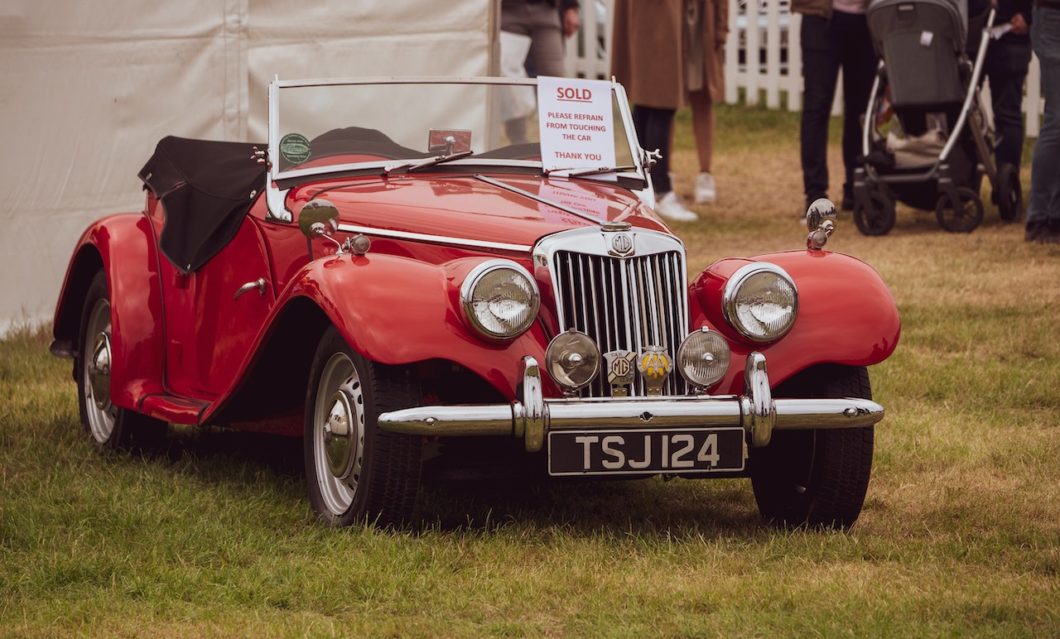

Pingback: How to find more financial freedom while owning a car